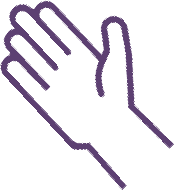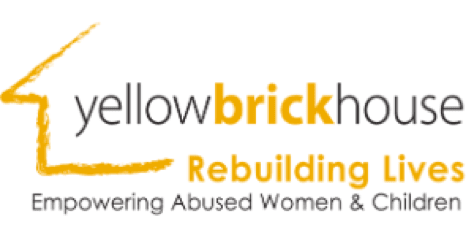What is Abuse?
Definition
Physical Abuse
Spiritual Abuse
Sexual Abuse
 Stalking and Harassment
Stalking and HarassmentPsychological and Emotional Abuse
Financial Abuse
Definition
Abuse is any behaviour or action that is used to scare, harm, threaten, control or intimidate another person. It can come in different forms; physical, emotional, verbal, sexual, financial, or spiritual. If you are trying to decide whether or not a situation may be abusive, consider whether this person’s behaviours or actions have, as their main goal, the purpose of instilling fear in you or exerting control over you. If the person’s intention is to do any of the above, you may be at risk for abuse.
Abuse is defined as physical, emotional, psychological, stalking/harassment, sexual, financial, and/or threats of such abuse directed at a female by a person known to her in an attempt to control her. In this definition, control refers to an attempt on the abuser’s part to force a woman to comply with anything against her wishes. Woman abuse occurs regardless of socio-economic status, class, age, sexual orientation, occupation, mental health status, citizenship status, ability, spirituality practices, language, race, culture or ethnicity.
It is also recognized that in our society, violence against women is perpetrated predominantly, but not exclusively, by males against females. There are, however, female perpetrators of violence. Although the abuse may involve repeated episodes with increasing severity, it may also be a one-time occurrence causing physical or emotional injury that is detrimental to the woman’s well-being or that of her family.
Physical Abuse
Spiritual Abuse
Sexual abuse
What to do if you are sexually abused:
Victims of abuse should go to the Domestic Abuse Sexual Assault Centre (DASA) at Mackenzie Health:
Provides a 24/7 specialized healthcare response by a specially trained forensic nursing team.
Consists of an acute care and follow up component.
Provides client education and support.
Supports the enhanced police investigation by collecting forensic evidence of injuries from an assault.
DASA staff will attend court to testify re: injuries documented.
Visit Mackenzie Health (DASA) to learn more.
Stalking and Harassment
Includes behaviour which, in some cases, are against the law and known as “criminal harassment.” One of the key elements, which turn stalking behaviour into a crime, is the individua’s fear for their own safety or the safety of others. Stalking and harassment can take many different forms but usually is a pattern formed by repeated actions, or a series of different incidents. Each small incident may not seem important, but all the incidents together constitute a pattern. There is no complete list of stalking behaviour as these behaviours are added to from experience.
Psychological and Emotional Abuse
Is any act that provokes fear, diminishes the individual’s dignity or sense of self-worth, and/or intentionally inflicts psychological trauma as a means of exerting power and control over the individual. These may include, but are not limited to, on-going criticism, intimidation, humiliation, overly sarcastic comments, passive/aggressive control, harassment, threats to harm self or others, threats to harm pets, threats associated with immigration status, threats to take children away, inappropriate expressions of jealousy, brainwashing, dominance, degradation, possessiveness, control over daily activities, social isolation, purposeful destruction of property and use of privilege in society to threaten or coerce.
Financial Abuse
Includes controlling or restricting money to buy necessities such as medicine, medical supplies, food and clothing. It also includes withholding information about household financial matters, denying access to bank accounts and coercion to sign financial documents. Financial abuse can also include denying the right to seek and/or maintain employment, taking personal money, denying independent access to money, and/or excluding the individual from financial decision-making.
Source: The York Region Violence Against Women Coordinating Committee

